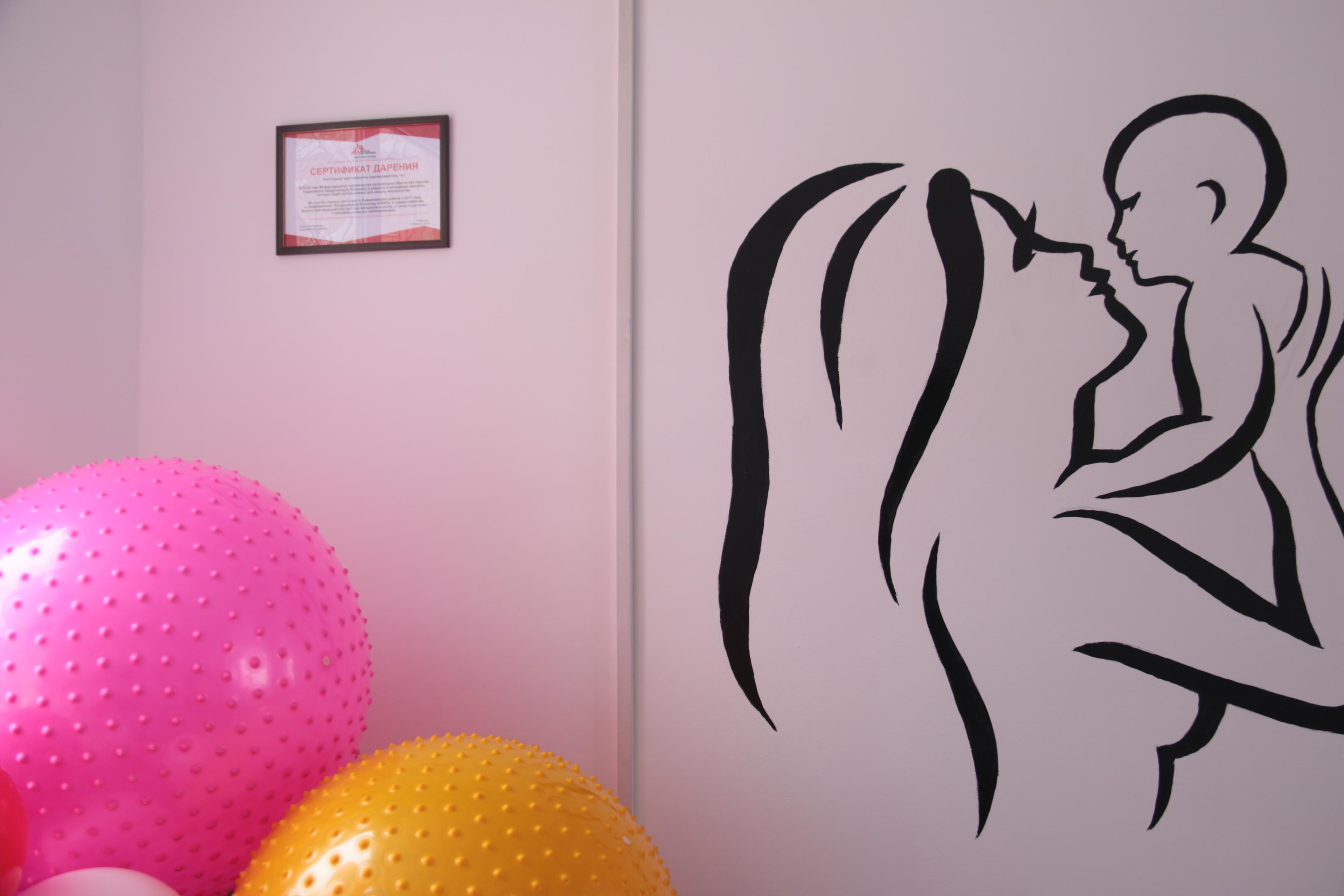
Women at the centre of their health
In 1 click, help us spread this information :
The concept of ‘self-care’ might sound strange for a doctor and Women’s Health Advisor like myself to be discussing. But self-care is not just spas and meditation, but also a form of healthcare that’s been practised for centuries and is growing today. If you’ve ever taken an at-home pregnancy test, used a fertility tracking app or managed your asthma symptoms using a puffer, you’ve practised self-care.
Self-care sits within a patient-centred approach to health, which means caring for people in a way that is meaningful and valuable to them. Right now, MSF is strengthening the patient-centred nature of our care to truly put patients at the core of our work. As the World Health Organization (WHO) highlights, this model of care sees people as active decision-makers in their health, rather than mere recipients of services.
Self-care is an opportunity to improve patient-centred, and quality, care through empowering people with the knowledge, autonomy and choice to access safe, effective and timely care, with support from a skilled healthcare provider if and when they need it. Under WHO’s debut self-care guidelines (2019) developed for sexual and reproductive health (SRH), self-care ranges from health promotion, to disease prevention and control and self-medication, as well as other services involving medicines, devices, diagnostics and digital products, which are provided fully or partially outside of formal health services.
Crucially, self-care promotes women’s agency to manage their own bodies.
MSF has already been implementing self-care initiatives in several of our SRH programs, including self-injectable long-acting contraception Sayana Press™ in the Democratic Republic of Congo and a human papillomavirus self-sampling trial in our cervical cancer project in Zimbabwe. Related to International Women’s Day, 8 March, we are highlighting this month how self-care is especially valuable for women and girls who face significant barriers to healthcare.
In places where people are cut off from health facilities due to remoteness, conflict, poverty or a lack of infrastructure or resources, self-care can help meet their health needs. For women seeking SRH services such as contraception or safe abortion care, which are often highly stigmatised, self-care gives them the tools to care for themselves in the privacy of home. It also helps women who face discrimination in the formal health system (because of their medical condition or identity) to have access when they may otherwise resort to unsafe care or none at all. Crucially, self-care promotes women’s agency to manage their own bodies.
Evidence-based self-care is low risk and leads to good health outcomes when offered alongside traditional health services. In some contexts women will choose self-care even when a trustworthy health provider is an option: it is important to provide the choice. As health workers, it is essential that we identify our biases, and MSF is driving training for our staff to help them integrate self-care options with existing models of care provided within facilities.
Self-care also hinges on meaningful engagement with communities. Our teams are taking steps to promote this acceptability, such as integrating female sex workers into our projects in Malawi. Some of them have joined our project to be trained as community health educators and workers: they inform and sensitise members of their profession on prevention and self-care for a range of SRH-related issues.
For approaches such as these to be effective, we need to gather perspectives directly from patients on how the care works for them. MSF assists women across many different cultures and lived experiences, and we must ensure our care places all women, including those living with disability and adolescent girls, at the centre.
We can truly place women at the centre of care by trusting them to play a more active role in decisions that affect their own health and bodies.
COVID-19 has been devastating globally, but has also presented opportunities to bring healthcare to people using innovative and novel patient-centred approaches. High-income countries like my home, Canada have removed regulations to increase virtual and telemedicine access to safe abortion care; in Australia, telehealth access to abortion has been temporarily supported through Medicare. Self-managed medication abortion facilitated by hotlines, abortion accompaniment models (phone-based support by trained volunteers) and web-based tele-abortion services—already used in places where abortion is stigmatised or criminalised—have enabled this lifesaving care to continue during COVID-19.
There is potential for MSF to pioneer quality, patient-centred care for women in crisis-affected contexts, with self-care models facilitated through community-based programs and digital methods such as telemedicine, hotlines, SMS services, mobile apps, web-based platforms and peer-to-peer support. We can truly place women at the centre of care by trusting them to play a more active role in decisions that affect their own health and bodies.